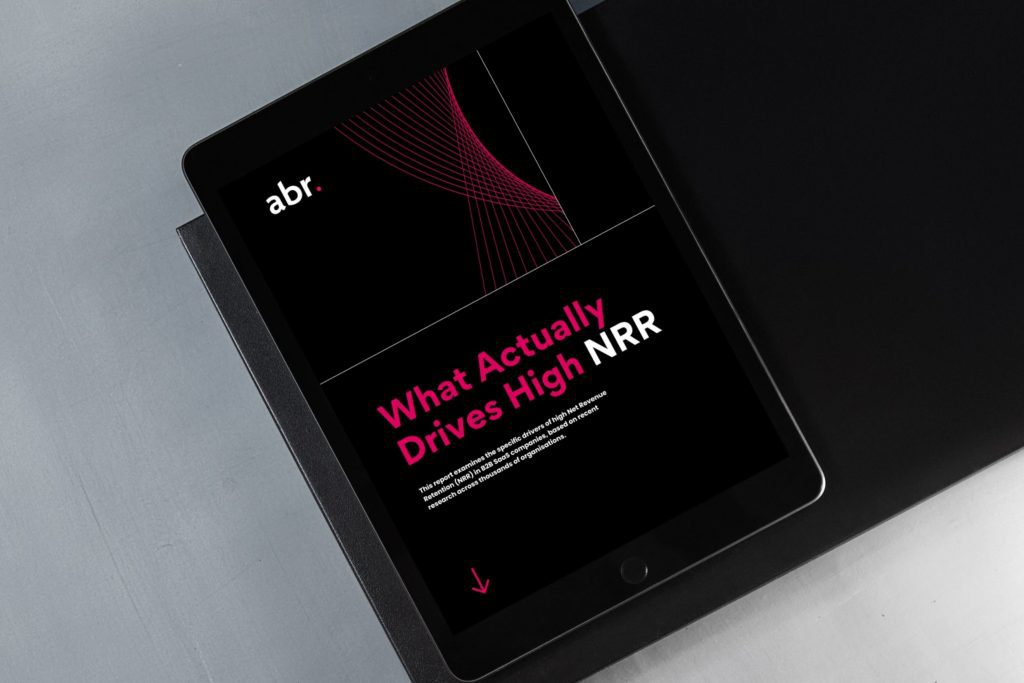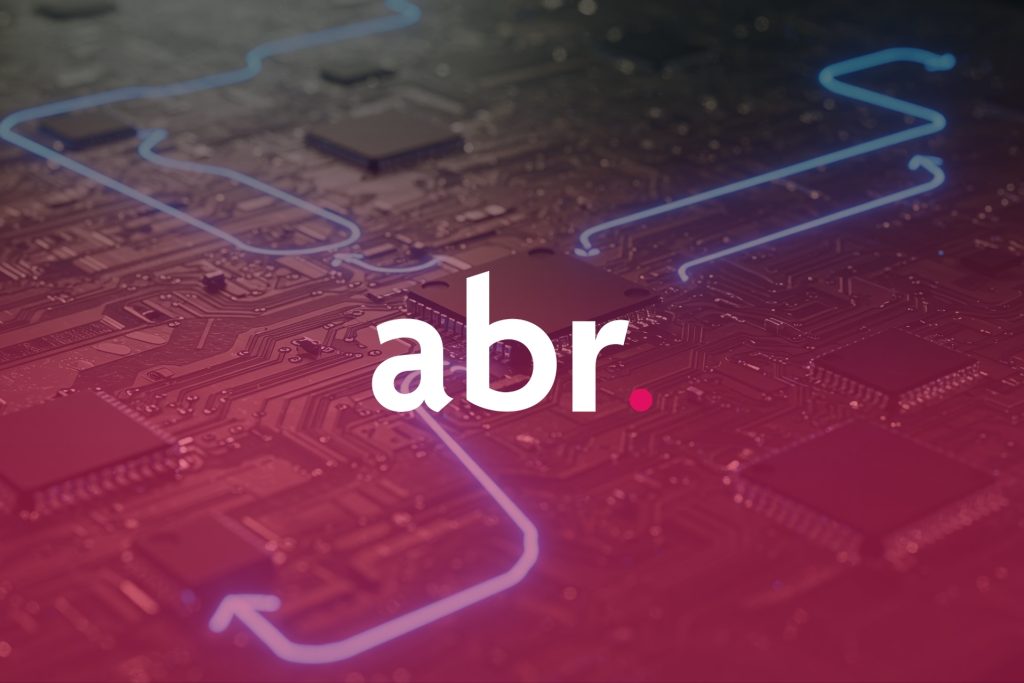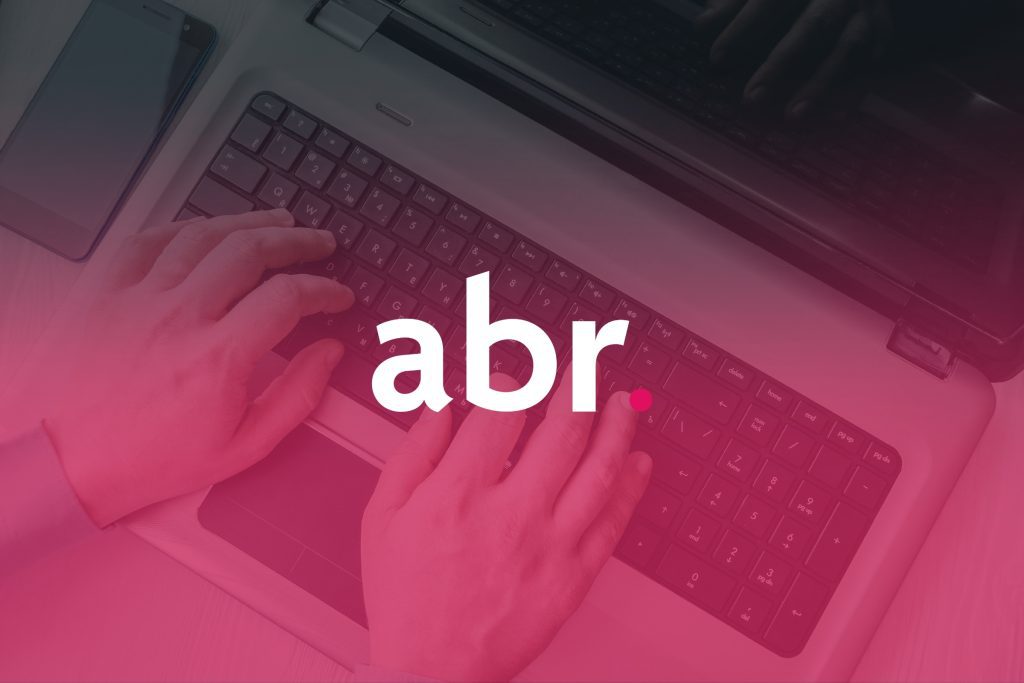This blog is inspired by the podcast: Doing It For Retention – Episode 015, Breaking Barriers: Bethany Ayers’ Journey to CEO, available to watch and listen to today.
The old “hero CEO” is fading fast.
The sleepless founder, glued to Slack at 2 a.m., juggling every plate while calling it “just startup life”. Those days are done.
Modern leadership looks different. It’s less about control and more about calibration — balancing clarity with curiosity, pace with patience, and vision with vulnerability. The leaders who last are the ones who can adjust without losing their edge.
Navigating the Modern SaaS Scale-Up
Bethany Ayers has lived this shift first-hand. Having built go-to-market engines at Peak.ai and NewVoiceMedia, helped raise more than $200 million, and now leading cybersecurity company Metomic, she knows what it takes to navigate the chaos of scaling.
The traits that once defined great leaders no longer guarantee success. Founders can’t just be visionaries; they have to be operators, coaches, communicators, and translators. Often all before their second coffee.
The best leaders today know how to move between strategy and empathy. They can go from boardroom planning to team mentoring without missing a beat. It’s less “command and control”, and more “calm and adapt”.
Growth Mindset in SaaS Leadership
The pace of AI and cybersecurity means even experienced executives are permanently in beta mode. Technology evolves daily, markets shift weekly, and teams expect calm leadership in the middle of constant change.
Having a growth mindset isn’t a nice-to-have anymore; it’s survival. It’s not about having all the answers, but staying curious enough to keep finding better ones.
That curiosity separates great leaders from those who simply manage. It creates resilience in uncertainty and turns ambiguity into a space for innovation. The leaders who embrace that mindset see disruption as fuel, not friction.
Knowing When to Pivot: Leadership Lessons from Scaling Startups
Every founder romanticises growth until it starts to hurt.
Hiring too fast. Scaling too early. Chasing funding before achieving real product-market fit. These are familiar stories across the SaaS and tech world, and they all stem from one simple misunderstanding: mistaking momentum for progress.
Modern leadership requires the ability to pivot, to recognise when to push forward and when to pause. When to double down, and when to strip back to fundamentals.
Bethany’s own experience in repositioning companies across multiple markets highlights this perfectly. Real progress is rarely linear. It’s iterative — a constant process of recalibration that separates those who endure from those who burn out.
Emotional Intelligence: The New Leadership Metric
If the last decade was defined by operational excellence, the next will be shaped by emotional intelligence.
The CEOs who excel are those who see beyond dashboards and metrics. They measure success by how effectively they align, empower, and retain great people.
Empathy is no longer a soft skill; it’s a strategic advantage. Leaders who understand how their teams think, feel, and operate can adapt communication styles to bring out the best in others. That builds psychological safety, which in turn drives creativity, accountability, and speed.
In an industry where top performers have their pick of opportunities, emotional intelligence is what keeps the best people around.
From Doing to Enabling: The Shift Every Leader Must Make
There comes a point in every leader’s journey when doing everything becomes the biggest blocker to progress.
True leadership isn’t about being the busiest person in the room. It’s about enabling others to deliver their best work. The shift in mindset is simple but powerful: moving from “how do I fix this?” to “who is the right person to own this?”.
That transition takes confidence, not control. It can be uncomfortable at first — especially for leaders who grew up in the trenches — but it’s the only way to achieve scale.
Leaders who master this shift stop being the engine of the business and start being the multiplier.
Leadership in the Age of AI and Data Security
Artificial intelligence is no longer an emerging topic. It’s already changing how decisions are made, how teams collaborate, and how expertise is defined.
In sectors like cybersecurity, where Bethany now operates, the balance between efficiency and ethics has never been more delicate. Protecting sensitive data in an AI-driven world isn’t just a technical challenge; it’s a moral one.
The leaders who combine technical literacy with moral clarity will define the next generation of responsible growth. Those who understand both the opportunity and the responsibility of AI will shape its impact — rather than be shaped by it.
The Takeaway
Modern leadership isn’t about being louder, faster, or busier. It’s about being deliberate.
It means making peace with uncertainty, leading with empathy, and building environments where others can succeed.
As Bethany’s journey shows, growth is no longer a straight line. It’s a series of recalibrations built on self-awareness, resilience, and a constant hunger to learn.
Because the leaders who thrive aren’t the ones who know it all — they’re the ones who keep evolving.




